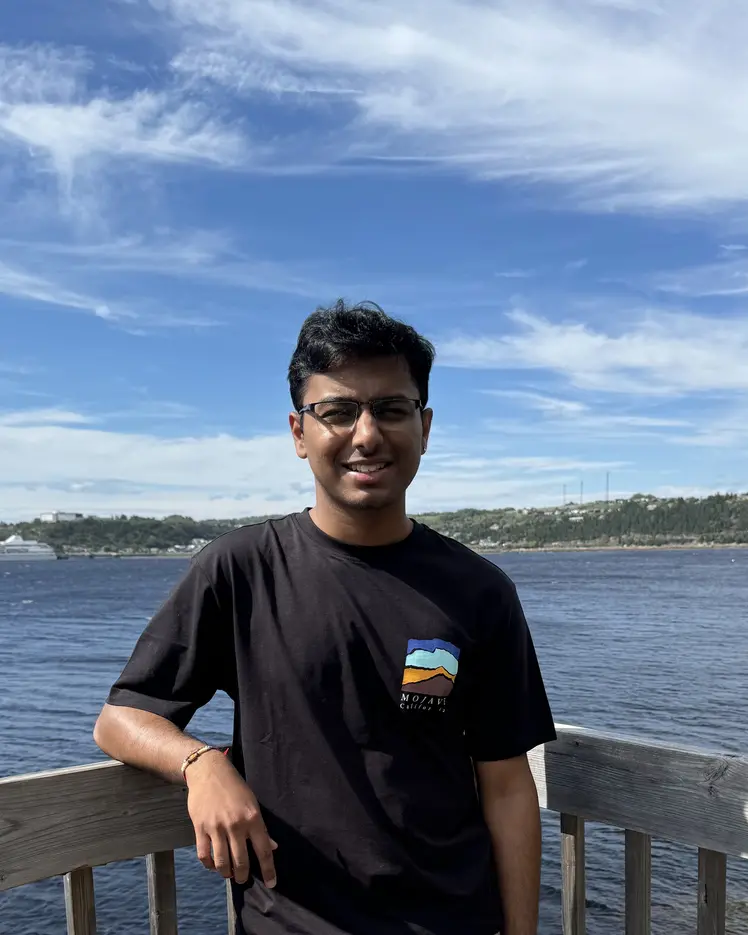
Vedant Shah
Doctorat - UdeM
Superviseur⋅e principal⋅e
Sujets de recherche
Apprentissage de représentations
Apprentissage par renforcement
Apprentissage profond
GFlowNets
Modèles génératifs
Modèles probabilistes
Modélisation moléculaire
Raisonnement
Vision par ordinateur


